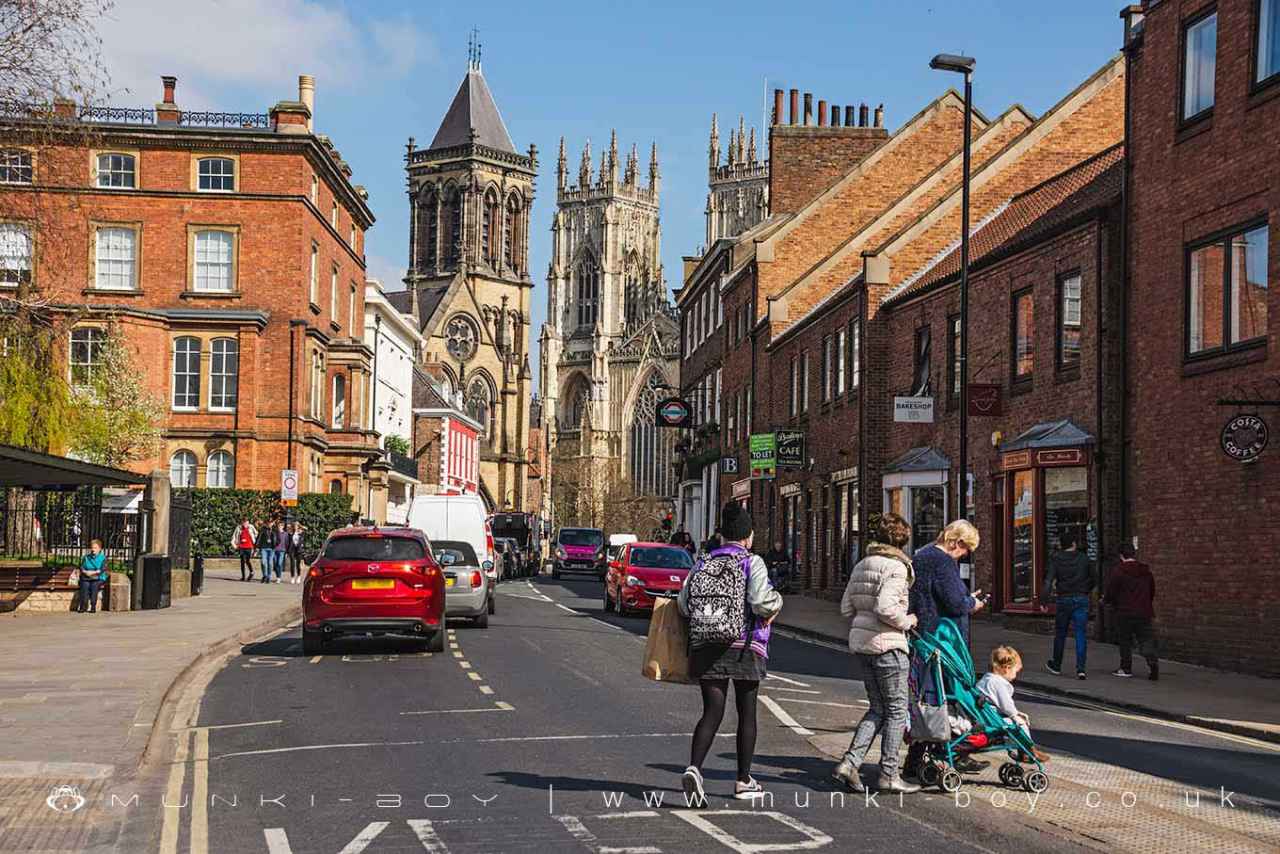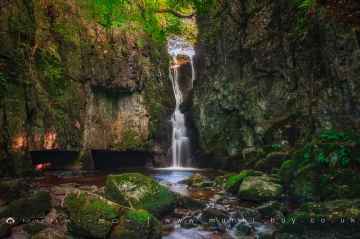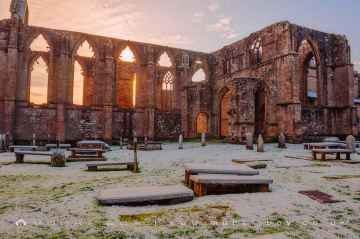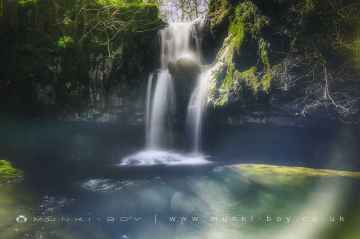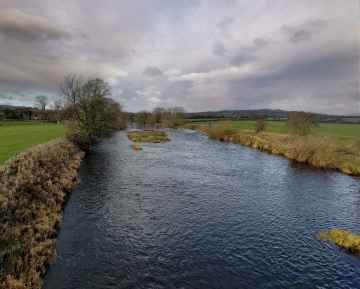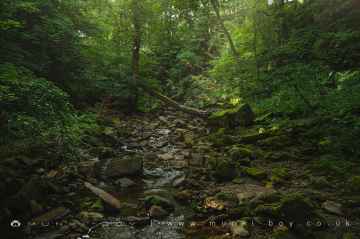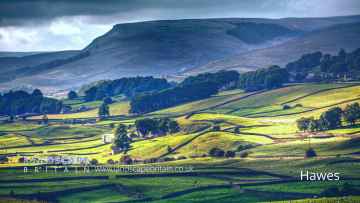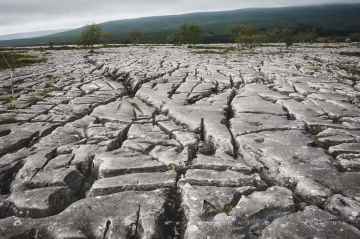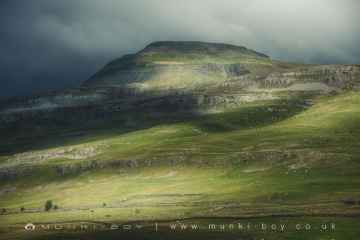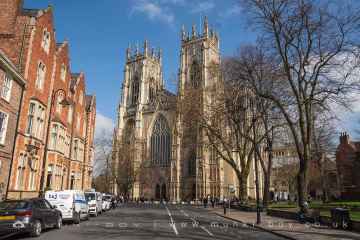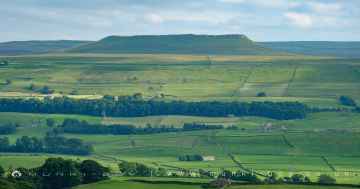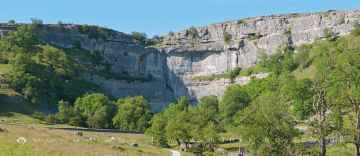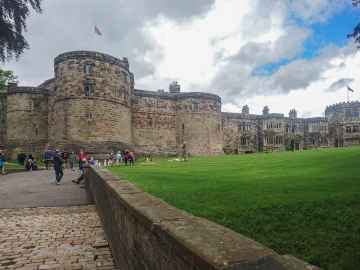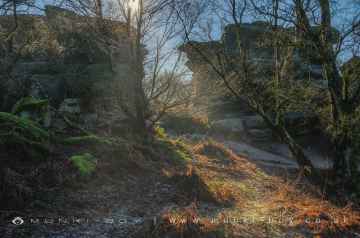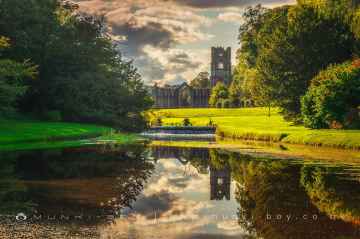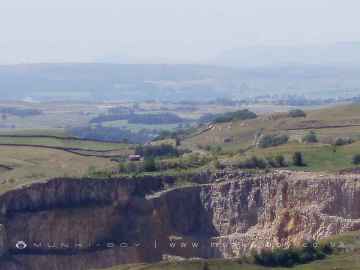York is a Village in the county of North Yorkshire.
York postcode: YO1 7
There are great places to visit near York including some great waterfalls, ruins, historic monuments, hiking areas, villages, rivers and streams, towns, caves, limestone pavements, mountains, cities, historic buildings, hills, geological features, castles, old mines, country parks, parks, gardens and ancient sites.
The area around York boasts some of the best waterfalls including Catrigg Force, Lockin Garth Force, Whitfield Gill Force, Slape Wath Waterfall, Mill Gill Force, Cotter Force, and Aysgill Force.
York's best nearby ruins can be found at Bolton Abbey, Byland Abbey, Norton Tower (ruin), Easby Abbey (ruin), Fountains Abbey and Studley Royal Water Garden, Fountains Abbey (ruin), and Trig Point on Warrendale Knotts.
Bolton Abbey, Rylstone Crag and Rylstone Cross, Culloden Tower, and Robin Hood's Well (Fountains) are great places to visit near York if you like historic monuments.
The area around York boasts some of the best hiking areas including Deepdale, Cotterdale, Southerscales, Ingleton Waterfalls Trail, Swilla Glen, Baxenghyll Gorge, and Raven Ray.
There are a number of villages near York including Pool-in-Wharfedale, Askrigg, Hardraw, West Burton, Bainbridge, Aysgarth, and Malham.
York has some unmissable rivers and streams nearby like Whitfield Beck, Mill Gill, Hardraw Beck, River Wharfe, and Walden Beck at West Burton.
The area around York boasts some of the best towns including Hawes, Skipton, Grassington, Richmond, Middlesbrough, Harrogate, and Settle.
York's best nearby caves can be found at Great Douk Cave, White Scar Cave, Yordas Cave, Gaping Gill, Janet's Cave, Horseshoe Cave, and Jubilee Cave.
Don't miss Southerscales, Malham Cove, and Warrendale Knotts Limestone Pavement's limestone pavements if visiting the area around York.
Mountains to visit near York include Ingleborough.
The area around York features a number of interesting cities including York, and Ripon.
Historic Buildings to visit near York include York Minster, Marton House, Norton Tower (ruin), Church of St Peter - Rylstone, Culloden Tower, and Beggar’s Bridge.
York has some unmissable hills nearby like Addlebrough, Embsay Crag, Rylstone Crag and Rylstone Cross, Warrendale Knotts, Giggleswick Scar, Blua Crags, and Sugar Loaf Hill.
The area around York boasts some of the best geological features including Malham Cove, Grassington Lead Mines, and Brimham Rocks.
The area around York features a number of interesting castles including Skipton Castle, Richmond Castle, and Bolton Castle.
Grassington Lead Mines is a great place to visit close to York if you like old mines.
Brimham Rocks is one of York's best, nearby country parks to visit in York.
York's best nearby parks can be found at Fountains Abbey and Studley Royal Water Garden, Fountains Abbey (ruin), and Studley Royal Water Garden.
The area close to York boasts some of the best gardens including Fountains Abbey and Studley Royal Water Garden.
Don't miss Schoolboys Tower, Jubilee Cave, and Victoria Cave's ancient sites if visiting the area around York.
York History
There are some historic monuments around York:
Areas of York
Like most towns and cities York is comprised of a number of areas, once separate villages or small towns and parishes now part of York.
Many of the areas of York have their own character and places of interest.
Places to see near York
History of York
The Old French and Norman name of the city following the Norman Conquest was recorded as Everwic (modern Norman avaroui) in works such as Wace’s Roman de Rou. Jarvak, meanwhile, gradually reduced to York in the centuries after the Conquest, moving from the Middle English Yerk in the 14th century through Yourke in the 16th century to Yarke in the 17th century. The form York was first recorded in the 13th century. Many company and place names, such as the Ebor race meeting, refer to the Latinised Brittonic, Roman name. The 12th century chronicler Geoffrey of Monmouth, in his fictional account of the prehistoric kings of Britain, Historia Regum Britanniae, suggests the name derives from that of a pre-Roman city founded by the legendary king Ebraucus. The Archbishop of York uses Ebor as his surname in his signature.



















